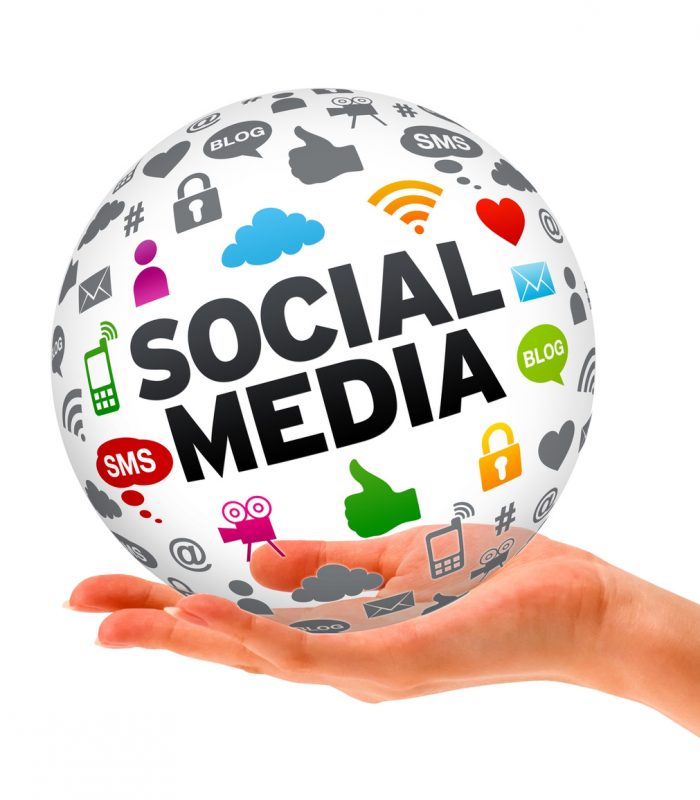Social media has undoubtedly revolutionized the way we access and disseminate information in the modern world. With platforms like Facebook, Twitter, Instagram, and YouTube, individuals can instantly connect with a global audience, share news, and express their opinions. While the advent of social media has brought numerous benefits, it has also raised significant challenges in terms of information reliability, privacy, and the spread of misinformation. One of the most prominent roles of social media in information dissemination is its ability to provide real-time updates on breaking news events. When a major event occurs, whether it is a natural disaster, a political development, or a cultural moment, people turn to platforms like Twitter to get immediate updates from eyewitnesses on the ground. This has transformed the way we consume news, making it faster and more accessible than ever before. However, this speed also comes with risks, as information can be disseminated without proper fact-checking, leading to the spread of false or misleading content.

Additionally, social media has democratized the information landscape, allowing individuals and small organizations to share their perspectives and stories. This has empowered marginalized communities and grassroots movements to raise awareness about important issues that may have been overlooked by traditional media outlets. Social media has played a vital role in movements like BlackLivesMatter and MeToo, where individuals used these platforms to share their experiences and mobilize for change. On the side, the role of social media spreading misinformation and fake news cannot be underestimated. The viral nature of social media means that false information can quickly gain traction and reach a massive audience. This poses significant challenge for society, the spread of misinformation can have real-world consequences, from influencing elections to inciting violence. Platforms like Facebook and Twitter have taken steps to combat the spread of fake news, but it remains an ongoing battle.
Privacy breaches and data scandals have further eroded public trust in social media companies, making it essential for regulators and policymakers to address these issues. In recent years, the role of social media in shaping public opinion and political discourse has come under scrutiny. The spread of echo chambers and filter bubbles, where individuals are exposed only to information and viewpoints that align with their existing beliefs, has contributed to polarization and the breakdown of civil discourse. Social media algorithms often prioritize sensational and divisive content, leading to the amplification of extreme voices. In conclusion, the role of social media in information is multifaceted and has both positive and negative aspects. It has transformed how we access news and information, providing a platform for marginalized voices and grassroots movements to make their voices heard. However, it also poses challenges in terms of misinformation, privacy, and the polarization of public discourse.






